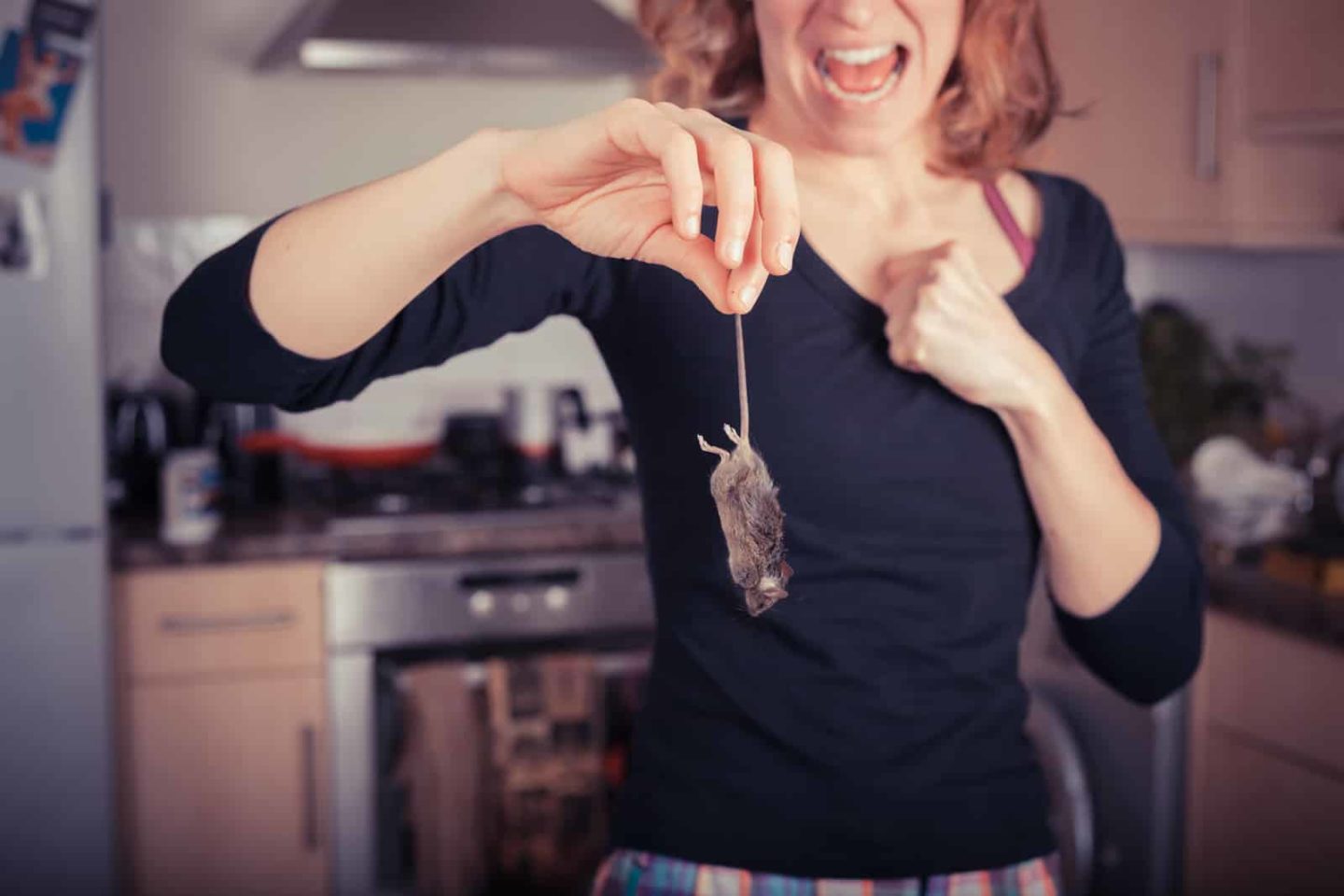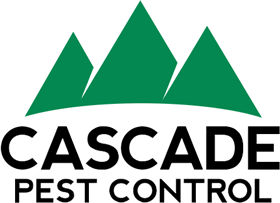Author: Kurt Treftz, Cascade Pest Control
While they are common household pets, mice are not always welcome guests. Don’t be surprised if you find yourself playing host to an uninvited furry critter and his abundant family. Next to humans, mice are the second most populous mammal in urban areas.

But that doesn’t mean we throw up our hands and let them range free in our homes. If left unchecked, mice can spread disease, cause damage to cords & wires, and contaminate food. However, understanding how they behave can help with more effective mice control.
Mouse Behaviors for Mouse Control:
- Nocturnal: Mice are nocturnal. This means that you won’t always be aware of their presence since they are active while you aren’t. Evidence of mice, like droppings, might be your first sign of trouble.
- Gnaw: Mice need to gnaw. They are constantly wearing down their continuously growing teeth. Use this to your advantage to follow their trail and see where they might be making themselves at home. It can also help you know how to bait your traps.
- Stay local: Believe it or not, mice are homebodies. (Unfortunately, they might have made YOUR home, THEIR home). But what this means for rodent control is that mice often don’t stray more than 10-25 feet from their nest, so if you see evidence of a critter, they are likely close by. They also like to travel along walls / baseboards and not open spaces. This can help you know where to place bait, traps, etc.
- Inquisitive: Mice are very curious and will be interested in new objects. Use that to your advantage and entice mice to traps by changing things up. If a trap doesn’t work in one location, move it around to a different place.
- Food preferences: If you “think like a mouse”, you will want to know how to eat like a mouse. While mice will feed on a wide variety of foods, they prefer seeds and grains – which might explain why they are targeting your pantry. But they also like foods high in fat and protein like nuts, bacon, butter, and sweets. So the stereotypical picture of a mouse gnawing on a hunk of cheese is a bit erroneous. You are likely to catch more mice if you bait your trap with peanut butter.
- Nibble: Mice may make up to 20-30 visits to different food sites in one night. They are nibbling their way through life. They might not stick around long enough to trigger your traps. So, be sure to bait the trap with foods they are most likely to prefer (see note above), and don’t be shy about setting multiple traps.
- Communicate with urine: Did you know that male mice mark their territory with urine? Well, they do. And they can spread thousands of microdroplets in a day around your home. If you see evidence of mice (and especially after capturing / evicting them), be sure to disinfect the area. You don’t want to attract a repeat performance.
Understanding a bit more about mice and their behavior can help you make better decisions about controlling them. Of course, if you do find yourself facing a whiskered crisis, be sure to call in the mouse control experts at Cascade Pest Control 888-989-8979.
